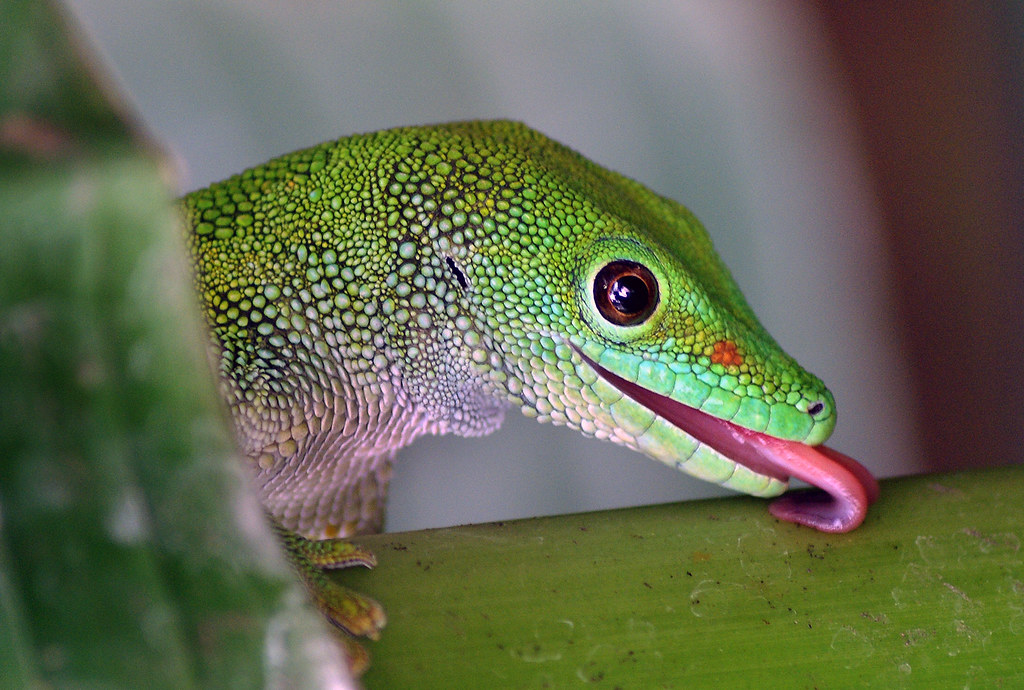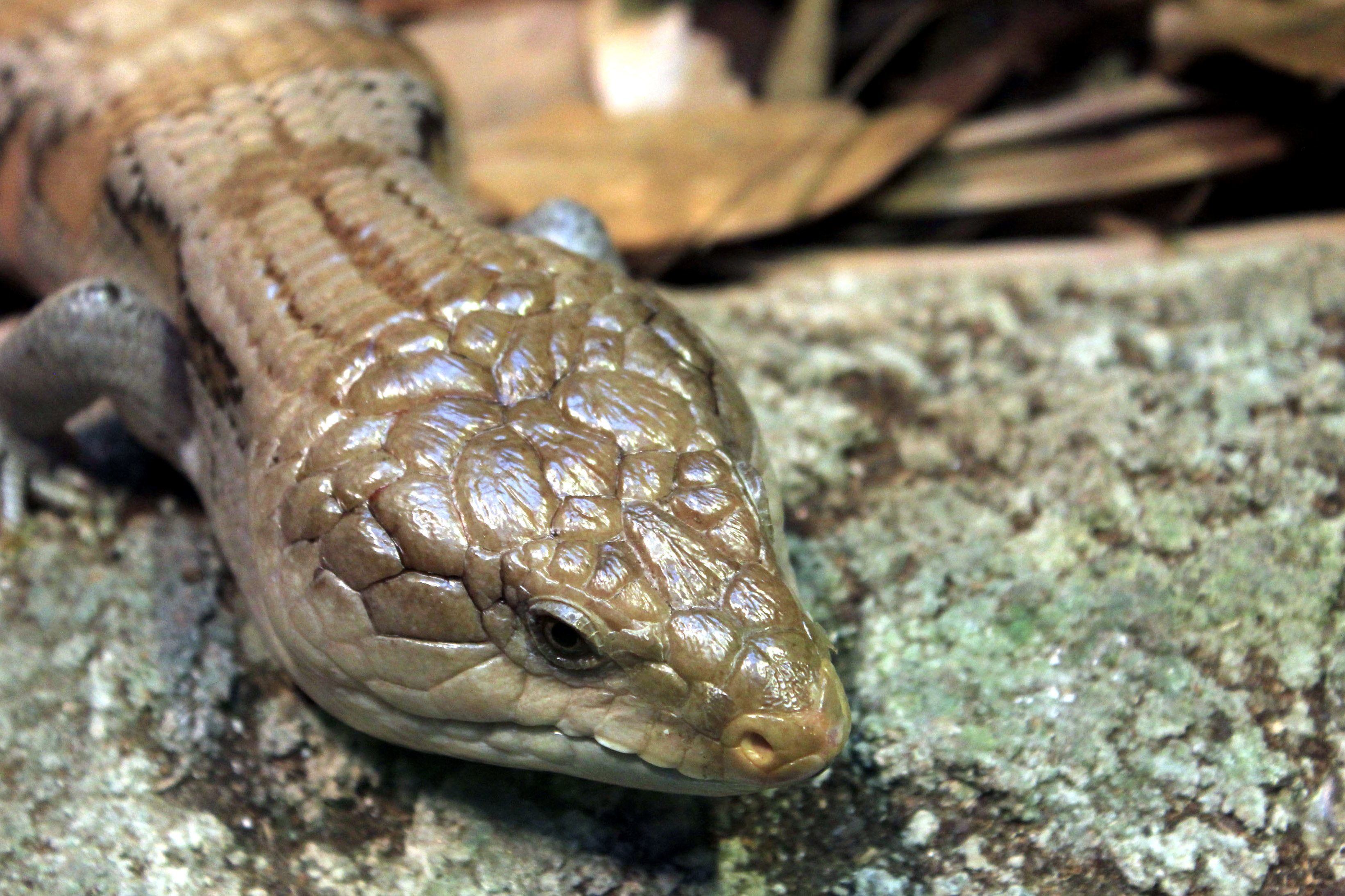
House Gecko Care: The Complete Guide to Keeping Your Lizard Happy and Healthy
Are you considering getting a house gecko as a pet? These fascinating creatures make great companions, but before bringing one home, it’s essential to understand their unique needs and provide proper care. In this comprehensive guide, we’ll cover everything you need to know about house gecko care to ensure a happy and healthy lizard.
1. Housing and Habitat
When it comes to housing your house gecko, ensure you provide them with a comfortable enclosure. A glass terrarium is ideal as it provides visibility and maintains temperature and humidity levels. The enclosure should be at least 10 gallons per gecko, with secure lids to prevent escapes.
Creating a suitable habitat entails adding the following:
- Substrate: Opt for a substrate like coconut fiber, reptile carpet, or paper towels that are easy to clean and safe for your gecko.
- Hiding Spots: House geckos love to hide, so offer multiple hiding spots with artificial plants, rocks, or commercial hides.
- Lighting and Heating: Provide a heat source like an under-tank heating pad or ceramic heat emitter, along with a UVB bulb for proper lighting.
2. Temperature and Humidity
House geckos are native to warm, tropical climates, so maintaining optimal temperatures and humidity levels is crucial. Keep the terrarium temperature around 85°F during the day and slightly cooler at night, around 75°F.
Maintaining humidity levels between 50% and 70% is essential for shedding and overall health. You can achieve this by misting the enclosure daily and using a hygrometer to monitor humidity levels.
3. Feeding and Diet
House geckos are insectivores and require a diet rich in live insects. Provide a variety of appropriately-sized insects like crickets, mealworms, and small roaches. Gut-load insects by feeding them a nutritious diet before offering them to your gecko.
To ensure proper nutrition, dust insects with a calcium and vitamin supplement powder. Feed adult geckos every other day, while juveniles should be fed daily. Remove uneaten insects after 15 minutes to prevent potential health issues.
4. Hydration and Water
Always provide a shallow water dish for your gecko to drink and soak in if desired. It’s crucial to keep the water clean and fresh. Mist the enclosure with water daily to maintain proper hydration levels for your house gecko.
5. Handling and Enrichment
While house geckos are not known to enjoy being handled, they can become accustomed to gentle interaction over time. Properly support your gecko’s body without squeezing or applying pressure. Avoid sudden movements and loud noises that may stress your pet.
Enrich your gecko’s environment with climbing branches, artificial vines, and toys. This will provide mental stimulation and mimic their natural habitat.
6. Health and Veterinary Care
Regularly monitor your gecko’s health by conducting visual inspections for any signs of illness or injury. Look out for changes in appetite, weight loss, lethargy, or skin problems. If you notice any abnormalities, consult a reptile veterinarian for proper diagnosis and treatment.
House geckos are generally hardy, but it’s crucial to establish a relationship with a reptile veterinarian for routine check-ups and to address any health concerns promptly.
Conclusion
Proper house gecko care involves creating a suitable habitat, regulating temperature and humidity, providing a balanced diet, and offering mental stimulation. By following these guidelines, you will provide your house gecko with a happy and healthy life. Remember, providing love and attention is just as vital as meeting their physical needs. Enjoy the unique companionship a house gecko can offer!
Keep Reading

Long Tailed Lizard Care: A Guide to Keeping Your Reptile Happy and Healthy


Blue Tongue Skink Care: A Comprehensive Guide for Lizard Enthusiasts
Are you a lizard enthusiast looking to add a unique and fascinating reptile to your collection? Look no further than the Blue Tongue Skink!